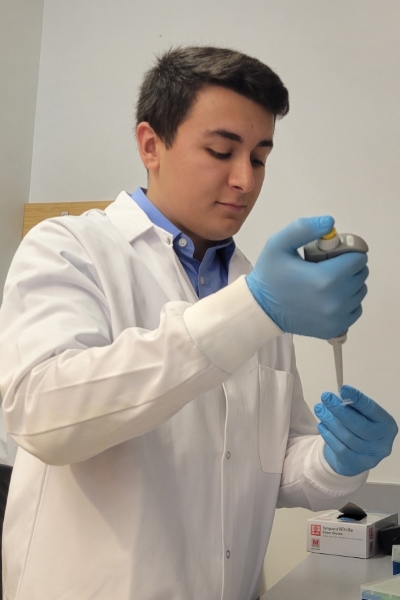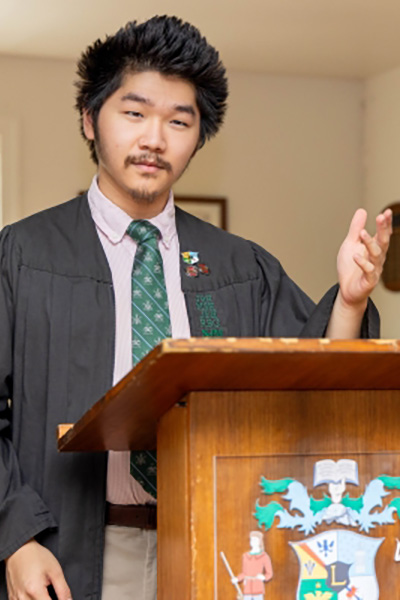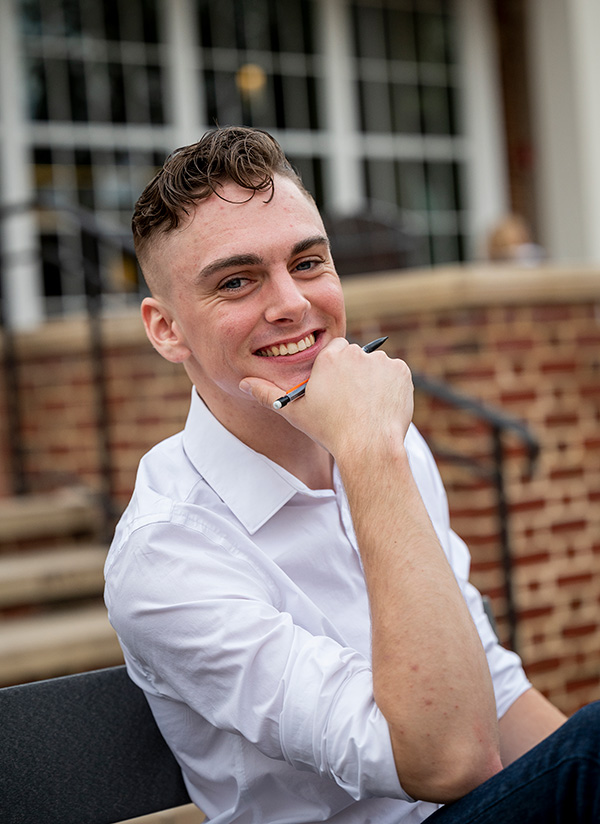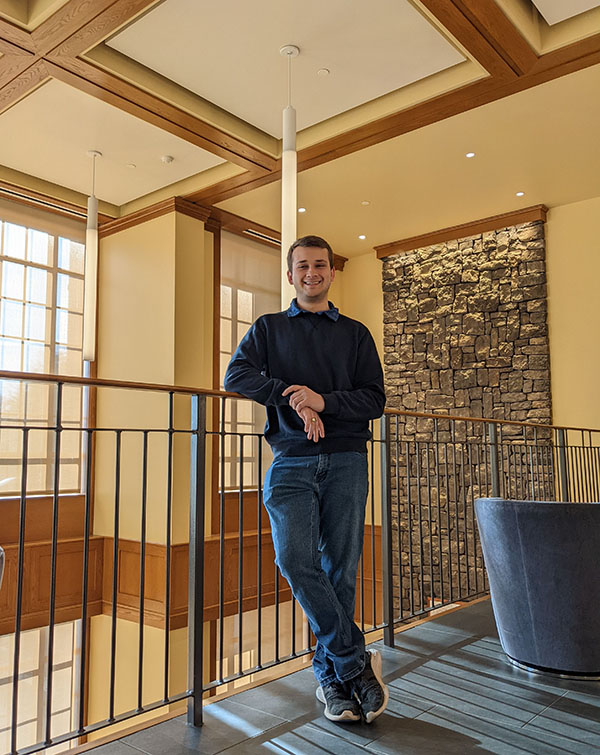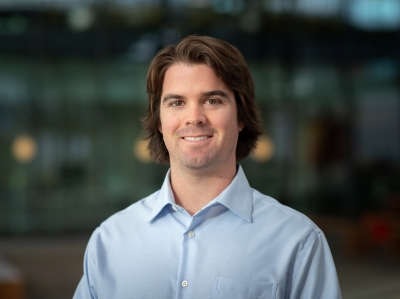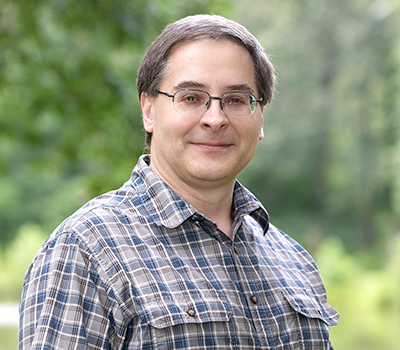
Philosophy at Hampden-Sydney will open your mind to some of the greatest ideas in history.
Philosophy involves careful, critical reflection on topics and questions that relate to contemporary individual, social, moral, scientific, religious, and political issues. Examining these questions encourages us to reflect on our presuppositions about the world and how we ought to act as rational individuals. Studying philosophy helps sharpen our thoughts and evaluate our deepest beliefs. Doing philosophy develops analytical skills that are valuable in and of themselves and directly improves our ability to excel in other fields.
How do people know what they claim to know?
What beliefs about the world, about our own nature, about God, about human destiny are we justified in holding? Does all knowledge come from science, or from the senses, or can we obtain truths in other ways? What is truth anyway? If we can have knowledge, what are its boundaries? Can we tell whether we are free beings morally responsible for our actions, or are we just programmed by our genes? How do we properly decide what is right or wrong, good or bad? What about art? Are there really great artistic achievements, or are these standards all arbitrary and subjective? Perhaps more importantly, how do all of these questions affect our daily lives? For example, if our free will is in doubt, should we be held responsible for our own actions?
Degree Offering
- Philosophy Major


